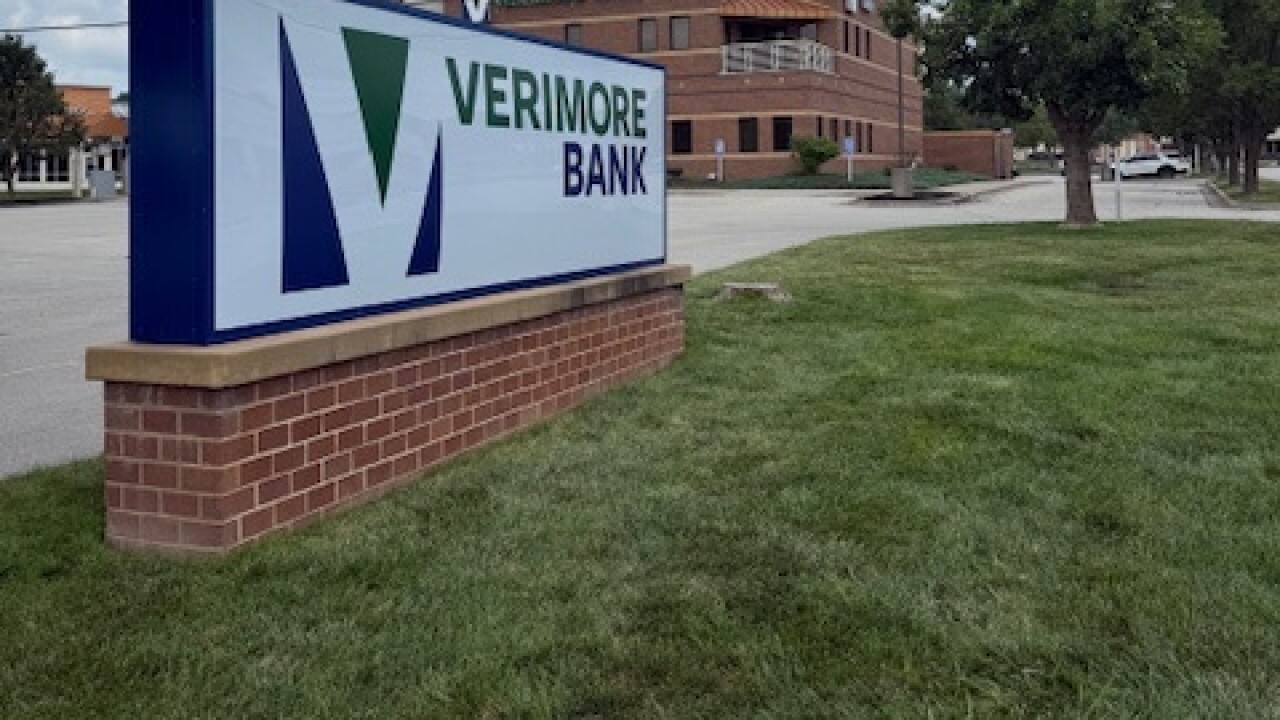It was an eventful 2005 for MasterCard, with big-news security breaches, protracted merchant and consumer lawsuits, ambitious contactless rollouts and announced plans to go public. Though MasterCard's credit and debit card transaction volume increased, receivables went south.
MasterCard executives declined to comment, citing its protracted quiet period before the network's expected switch to public status. But the company's filing with the U.S. Securities and Exchange Commission in September pertaining to its planned initial public offering noted possible risks for future investors, including increased regulatory scrutiny of interchange fees and data security, and litigation from merchants and cardholders.
There were 277 million MasterCard-branded credit cards issued in the United States as of the end of 2005, up 2% from 271.5 a year earlier. Consumer and commercial card purchase volume last year totaled $472.2 billion, up 8.9% from $433.7 billion in 2004. Total credit card purchases reached 5.6 billion, up 7.7% from 5.2 billion in 2004.
MasterCard's receivables totaled $284.7 billion in 2005, down 3% from $293.6 billion in 2004 after zero growth from 2003. The trend of cardholders transferring revolving debt to lower-interest home-equity loans continued for at least the first part of 2005, according to consumer credit analysts.
But that trend can only tell part of the story, as Visa USA's receivables were up 8.4% in 2005. Card conversions to the Visa brand resulting from recent mergers, including Bank of America's deal with Fleet and JPMorgan Chase's acquisition of Bank One Corp., also are taking a toll on MasterCard receivables, observers say.
Indeed, consolidation is a challenge for all of the bankcard brands, but it is particularly tough for MasterCard, notes Gwenn B?zard, research director at Boston consultancy Aite Group. "It is a challenge for MasterCard because if it loses a few major issuers, that could impact significantly the volume of transactions," he says.
"There's no doubt that home equity is affecting receivables," says Ed Groshans, vice president of Fox-Pitt, Kelton, a financial brokerage firm in New York. "But the issue is that Visa and American Express are taking share from MasterCard and Discover."
Merchant acceptance of MasterCard products rose 3% last year, to 24.7 million locations worldwide from 24 million in 2004. Six million of those sites were in the United States, a 7.1% increase over 5.6 million in 2004.
The number of signature-based, or offline, debit MasterCards issued domestically as of the end of 2005 reached 74.5 million, up 12.4% from 66.3 million in 2004. Holders of those cards initiated 2.8 billion transactions last year, up 27.3% from 2.2 billion in 2004. Debit MasterCard purchase volume reached $116.8 billion last year, up 25.8% from the previous year.
As a company, MasterCard's net revenue in 2005 was up 13.5%, to $2.94 billion in 2005 from $2.59 billion in 2004.
With traditional credit a mature market, the card associations are trying new products and card uses, such as contactless cards, to drive more small-ticket transactions. MasterCard has positioned itself well for growth in contactless payments next year, according to analysts.
"Contactless is going to be the next wave," Groshans says. "[MasterCard] seems to be at the front end of that. Maybe some of those share losses they'll start to get back."'
(c) 2006 Cards&Payments and SourceMedia, Inc. All Rights Reserved.
http://www.cardforum.com http://www.sourcemedia.com
-
The Federal Reserve governor's term was set to expire in January and President Donald Trump has made it clear that she would not be reappointed. The vacancy will give Trump an opportunity to appoint someone new to the central bank's board.
11h ago -
Direct-to-consumer earned wage access provider EarnIn is rolling out Live Pay, a service that "streams" consumers' paychecks via a Visa card. It's a model banks could replicate.
August 1 -
Deal for Clay County Savings Bank leaves Verimore Bank primed to add market share in a fast-growing Kansas City neighborhood
August 1 -
Columbus-based Northwest Bancshares finalized its acquisition of Penns Woods Bancorp; Barclays becomes the second U.K.-based bank to leave the Zero Banking Alliance; BankUnited announces the appointment of Michael Mitchell as executive vice president, director of branch banking; and more in this week's banking news roundup.
August 1 -
First Foundation is in transformation mode, after a capital infusion and new management gave it some power to remix its challenged balance sheet. But the bank just took its third quarterly loss out of the last four quarters.
August 1 -
The Cleveland bank is working with Personetics to provide advice and help to digital banking customers that takes into account their circumstances, current transactions and history.
August 1





